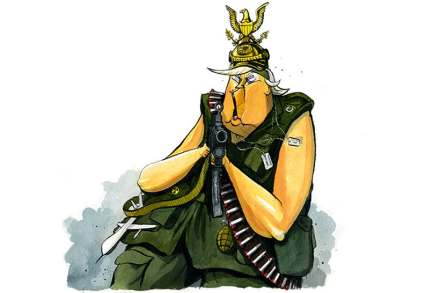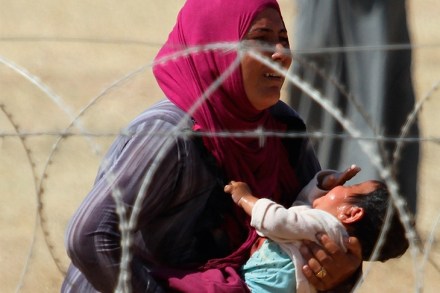America’s foreign policy on Syria is more sensible than the UK’s
Well, Islamists certainly have a useful working knowledge of the Christian calendar — probably more than most secular Brits — which accounts for the timing of today’s bloody attacks on Coptic churches in Tanta and Alexandria — the death toll is 45, and counting. The unfortunate Copts starting their Holy Week services today were intending to commemorate the Passion of Christ, not to join it themselves. As the British Coptic Bishop Angaelos observed, ‘As we celebrate Palm Sunday today and Christ’s entry into Jerusalem, we now also mark the entry of those who have passed today into the heavenly Jerusalem.’ Well quite so, and the toll in Alexandria might have




















